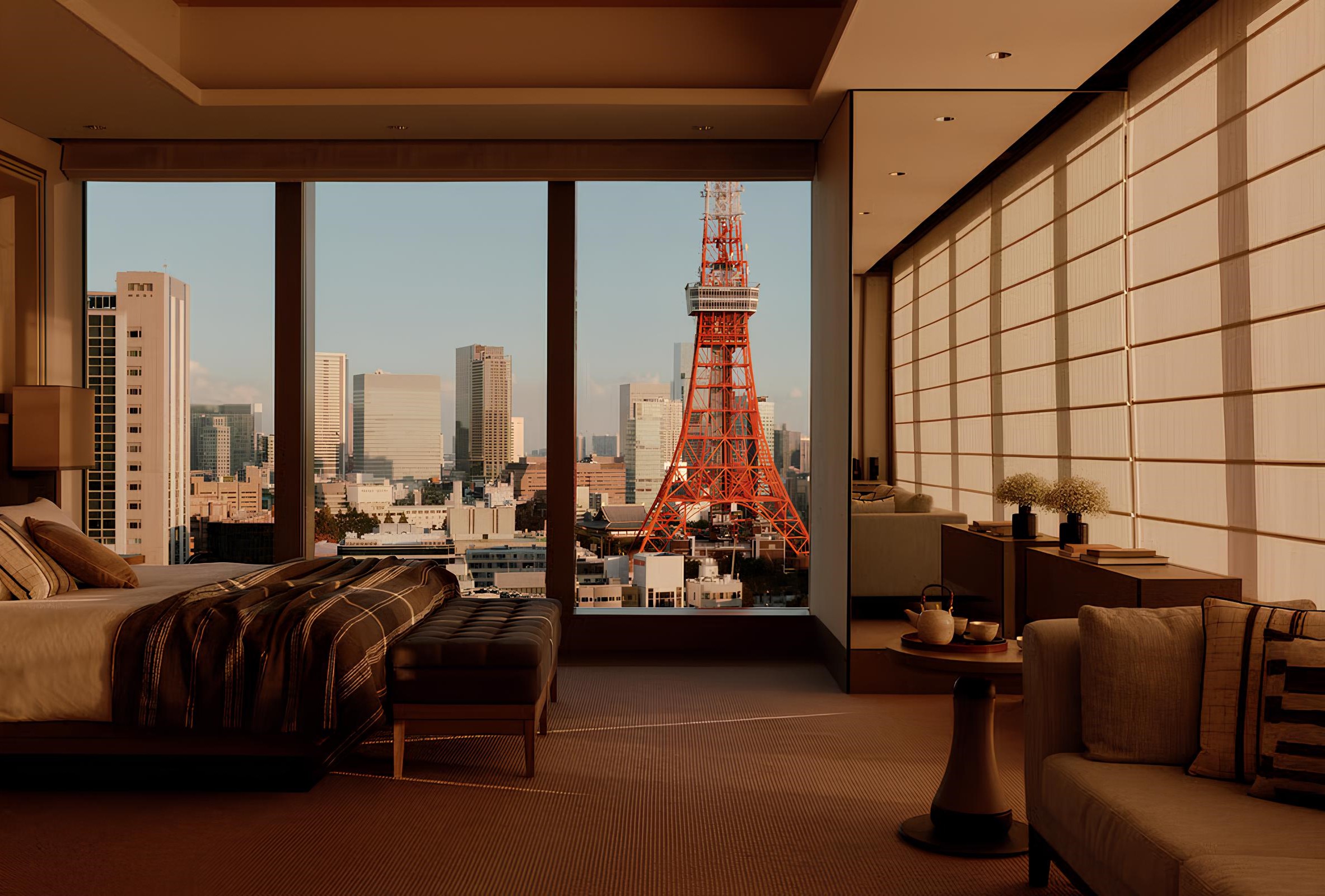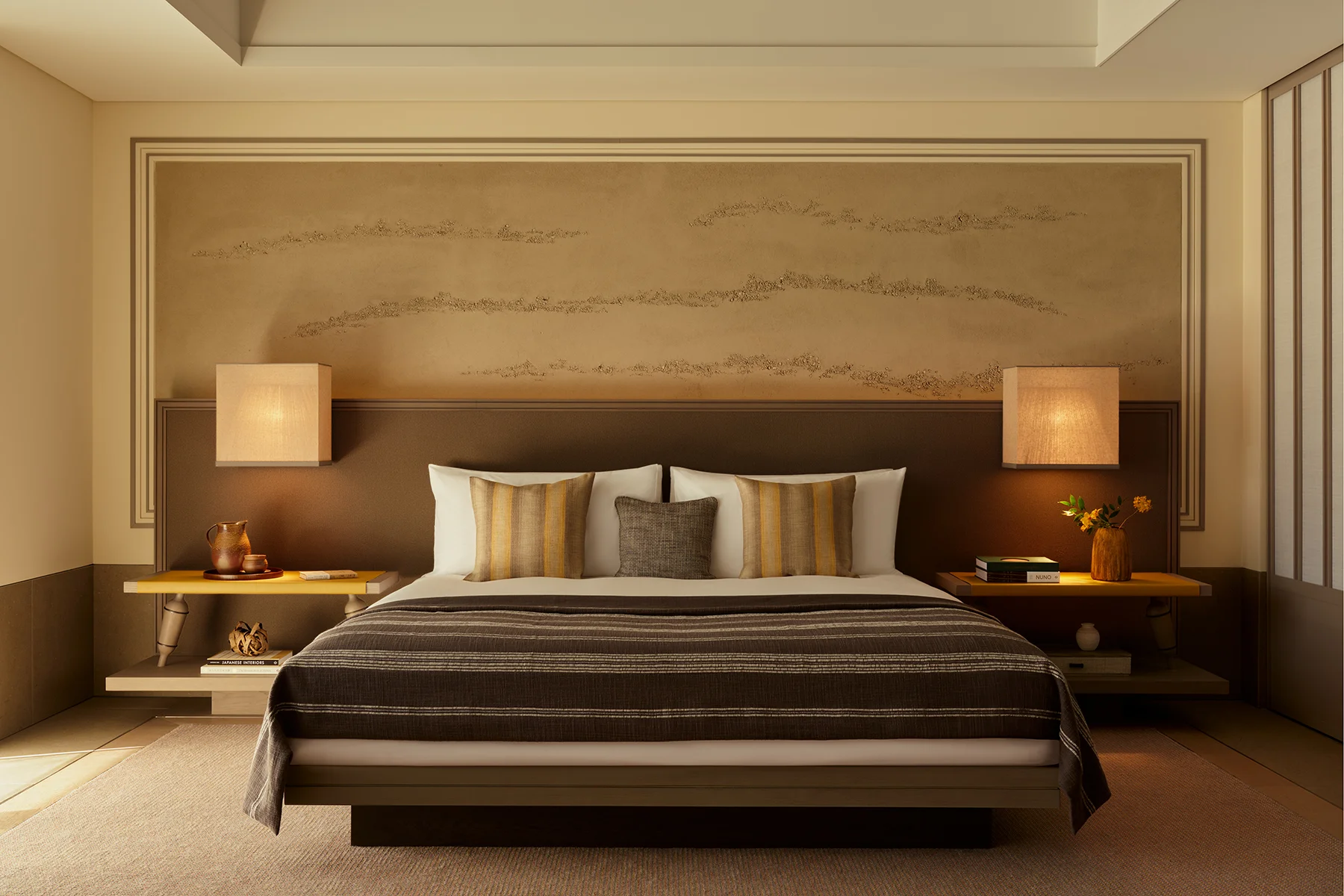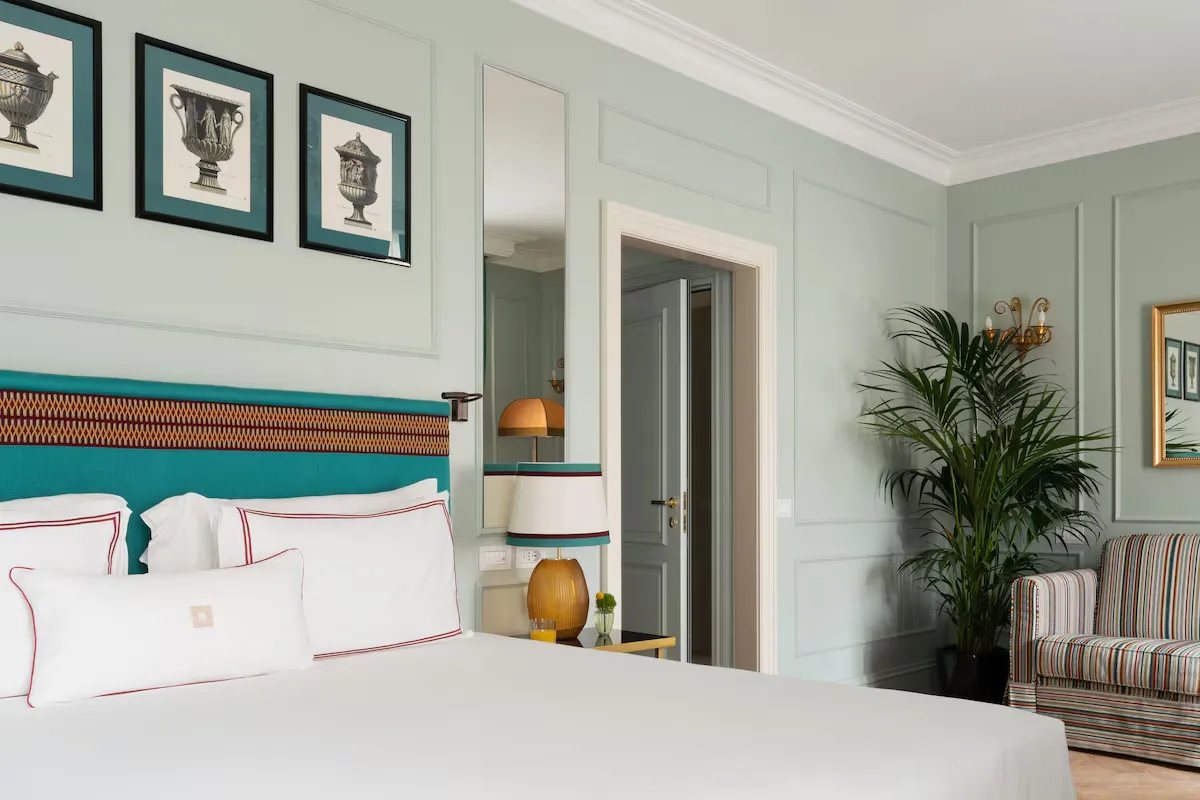The Future of Boutique Travel: Emotion, Design and the Return to Intimacy
Explore how boutique hotels are redefining luxury in 2026. From Japan to Portugal, discover spaces where design and emotion create true connection.

Luxury travel has entered a quieter chapter.
The world no longer moves at the speed it once did, or rather, we no longer want it to. The future of boutique travel is not louder, grander, or more opulent. It’s more human.
We are witnessing the end of perfection and the beginning of emotion, a shift from polished experiences to personal ones, from service to connection, from style to soul.
A New Language of Luxury
The word “luxury” used to mean marble floors, silver trays, and an army of staff anticipating your every need. But in 2026, the most coveted luxury is belonging. Travellers are no longer looking for status. They’re looking for stories, spaces that feel honest, layered, lived in.
At Palacete Severo in Porto, history and intimacy meet like old friends. Behind its yellow façade, the past doesn’t whisper. It hums quietly through each detail, the patina of wood, the softness of light, the quiet presence of something authentic. You feel not like a guest, but a character in an unfinished story.
Across the continent, in the snowy silence of the Swiss Alps, The Brecon interprets intimacy differently. Here, architecture becomes a meditation. Every element, from raw timber to panoramic glass, is an exercise in restraint. Luxury, in its purest form, is found in the silence between breaths.
Design with a Heartbeat
In the past decade, design became the soul of hospitality. But now, even design is changing. It’s no longer about surfaces or symmetry. It’s about energy. The best hotels don’t just look good. They feel good.
At Janu Tokyo, design becomes rhythm. Set in the city’s new cultural heart, Azabudai Hills, it channels the intensity of Tokyo and transforms it into calm. There’s a pulse to the place, a tempo that moves with the guest. The spa isn’t hidden away. It’s woven into daily life. Every line and every light feels intentional, human, alive.
Further west, in Granada, Seda Club Hotel redefines what urban intimacy can be. Within the city’s Moorish old quarter, this hotel feels like a private apartment filled with velvet tones, art, and warmth. Every space is touched by emotion, the golden lighting at dusk, the sound of glasses clinking softly under frescoed ceilings. Design here isn’t about perfection. It’s about presence.

The Rise of Emotional Travel
Emotion is now the new luxury.
The places we remember most are no longer the grandest, but the ones that made us feel something. The scent of orange blossoms drifting through an open window. The texture of linen warmed by the sun. The sound of laughter in a small courtyard.
At Palazzo Ripetta in Rome, elegance feels personal again. The restored 17th-century palazzo balances history with intimacy, frescoed ceilings, curved walls, warm smiles. The experience is less about indulgence and more about belonging. Rome is outside your door, but it’s also in every gesture, every material, every glance.
In Marrakech, Pure House represents another evolution of this philosophy. Tucked away from the city’s vibrant medina, it reimagines the Moroccan riad as a sanctuary of calm. The property blends modern minimalism with the textures of earth, palm, and light. Surrounded by desert tones and silence, it’s a place where luxury takes the shape of freedom, barefoot mornings, open courtyards, and dinners that stretch into starlit conversations.
These are not hotels you simply visit. They’re places you inhabit, if only for a heartbeat.
The End of the Scripted Stay
Perfection, once the benchmark of five-star travel, has become sterile. The new traveller doesn’t want everything polished. They want things that feel real, the imperfections that make a moment memorable.
In boutique travel, the most precious experiences are often the least planned. A spontaneous conversation with a chef. A handwritten note on your pillow. The sense that no two stays will ever be the same.
Boutique hotels are returning to this philosophy, smaller, slower, more soulful. They understand that luxury is not found in how much you offer, but in how deeply you care.

Connection as the New Currency
After years of digital disconnection, the world is craving sincerity. And hotels, at their best, are small ecosystems of empathy, places where architecture and emotion coexist.
This is the new frontier of boutique travel: to create connection through texture, tone, and human touch. To design spaces that feel curated yet effortless, elegant yet honest.
Travellers are not searching for a perfect view. They’re searching for a sense of place. They don’t want to be impressed. They want to belong.
The Future Feels Intimate
The future of boutique travel will be defined not by grandeur but by grace.
By the scent of cedar and linen. By the hum of conversation over breakfast. By the light that changes everything at 6 p.m.
Hotels will become storytellers, spaces that listen rather than speak. The line between guest and host will blur, replaced by mutual curiosity.
The most beautiful stays will not be those that show you the world, but those that help you return to yourself.
Because in the end, the new luxury is not perfection. It’s presence.
Frequently Asked Questions
What is driving the shift in boutique travel?
Travellers today value authenticity and emotion over extravagance. They seek spaces that feel meaningful, personal, and connected rather than impersonal and polished.
Why is design such a crucial part of this evolution?
Design shapes emotion. The best boutique hotels use architecture and materials to create balance and calm, spaces that respond to the human need for comfort and belonging.
How do small hotels compete with large luxury brands?
By focusing on intimacy. Boutique hotels thrive through personal connection, storytelling, and experiences that can’t be replicated at scale.
Which destinations reflect this new philosophy best?
Europe and Asia lead the movement. Portugal, Italy, Switzerland, Spain, and Japan have mastered the blend of heritage and contemporary sensitivity.
What defines the future of luxury travel?
The future belongs to places that make you feel. The greatest luxury is not excess, but empathy, the ability to connect, to pause, and to breathe.